
To mark this year’s World Press Freedom Day, themed around the impact of AI on journalism, this piece explores the need for the equitable and ethical adoption of AI in the profession and showcases examples of how media at risk are leveraging the technology to advance press freedom and their democratic role.
Artificial Intelligence (AI) is already having a significant influence on how journalism is produced and consumed around the world. There are undeniable opportunities that come with the technology, including efficiency, creativity and innovation in newsrooms. And with an industry grappling with continued digital disruption, changes in audience consumption habits, failing business models, and the financial fallout from cuts to foreign aid, there is mounting pressure for media to capitalise on its potential. This is especially true for media at risk, such as those operating in exile, or under-resourced newsrooms in the Global South.
For more than 40 years, the Thomson Reuters Foundation has supported independent media around the world. During this time, our capacity-building programmes have helped journalists and news outlets maximise the potential of technological transformation – from the birth of the internet to social media.
AI has brought about another defining moment for journalism. But it is not affecting the sector equally, and public interest reporting on the technology can be limited. In recognition of this, we have evolved our work to empower Global South newsrooms to leverage the benefits of AI with the necessary guardrails in place. We are also supporting the innovation taking place in exiled newsrooms and upskilling journalists around the world to report on the societal implications of this technology.
Unequal access to training, and a lack of AI policies, open media up to dangers
Our report, Journalism in the AI era: Opportunities and challenges in the Global South and emerging economies, published earlier this year, found a disconnect between journalists who are using the technology, and the amount of available training. While over 80% of journalists we surveyed are using AI, the majority were self-taught and only 13% reported that their newsrooms had an AI policy in place.
This shortage of support and structure increases the risk of publishing errors and makes it difficult to transparently disclose AI use, which can be damaging to reputations and reader trust. For news organisations already struggling financially, these AI missteps can further impact revenue streams. Our survey also found that insufficient training creates a barrier to usage, with respondents who do not use AI in their work citing it as one of the main reasons.
In response to these insights from our alumni community, we have developed a free resource to support often-stretched newsrooms to adopt AI responsibly, and in a way that upholds journalistic values and ethics. Our report also includes recommendations for media development organisations, funders, policymakers and platforms on how to address identified gaps in support for AI adoption.
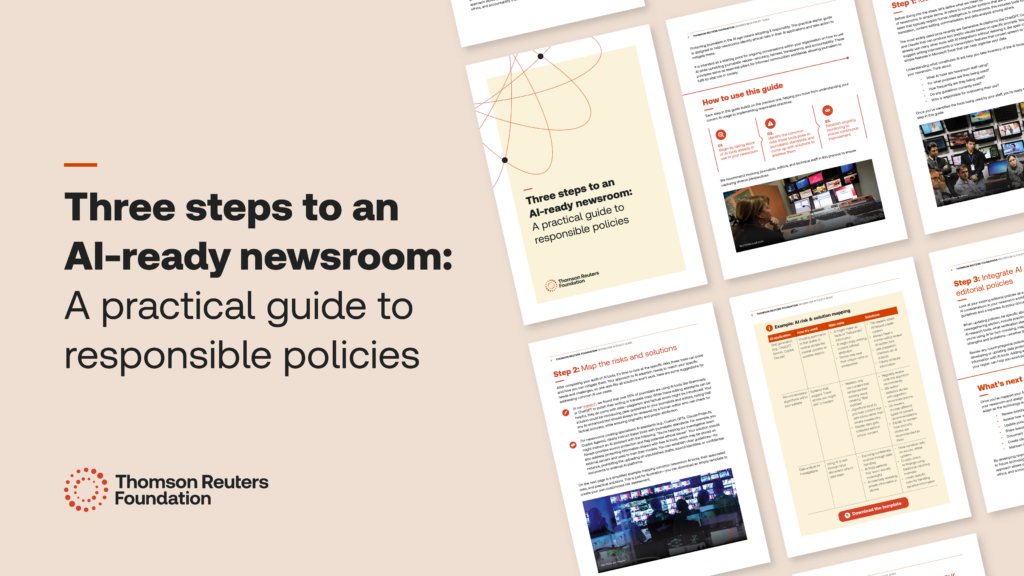
Unequitable AI adoption increases the risk that newsrooms are left behind
AI is already reshaping newsrooms, but not in an equal way.
We need to ensure that media in the Global South not only have access to this technology, but also training on how to leverage its potential while minimising risk through strong policies and AI guardrails.
From automating routine tasks to aiding translation, AI can help resource-limited newsrooms do more and make information more accessible and engaging to the audiences they serve. In addition to a lack of training opportunities, our report and on-the-ground research have found that unequal access to digital tools and budget constraints are heightening the possibility that newsrooms in the Global South will be left behind and unable to leverage the potential benefits AI offers.
Addressing this, a growing part of our media development work – thanks to funding from Microsoft and the Patrick J. McGovern Foundation – focuses on supporting newsrooms in Sub-Saharan Africa and Latin America to strategically and ethically adopt AI across their newsgathering and business practices.
Through this work, newsrooms are empowered to identify and leverage the efficiencies that AI offers, and creatively innovate with assurances that their public interest journalism is preserved. At the same time, journalists are also able to better understand the limitations, risks and red lines around using the technology. With existing narratives around AI adoption often being Western-centric, these insights and learnings can help newsrooms in the Global South to have a seat at the table and help to shape the agenda around how AI is used in the profession.
As community media we tend to be left behind. My motivation is to be part of the AI revolution.
My key takeaways from the workshop include the exposure to so many free and affordable AI tools that can simplify our jobs in newsrooms.
Our partnership with The Patrick J. McGovern Foundation also involves supporting journalists across Sub-Saharan Africa and Latin America to produce trustworthy and impactful reporting on the promises and human rights risks of AI in these regions. Additionally, the programme looks to strengthen the relationship between the media and civil society organisations, which has resulted in a new regional AI ethics and digital rights organisation being established in Sub-Saharan Africa. TrustLaw, the Foundation’s pro bono network, connected the participants with a leading African law firm, Bowmans, to provide legal support around the registration of the organisation.
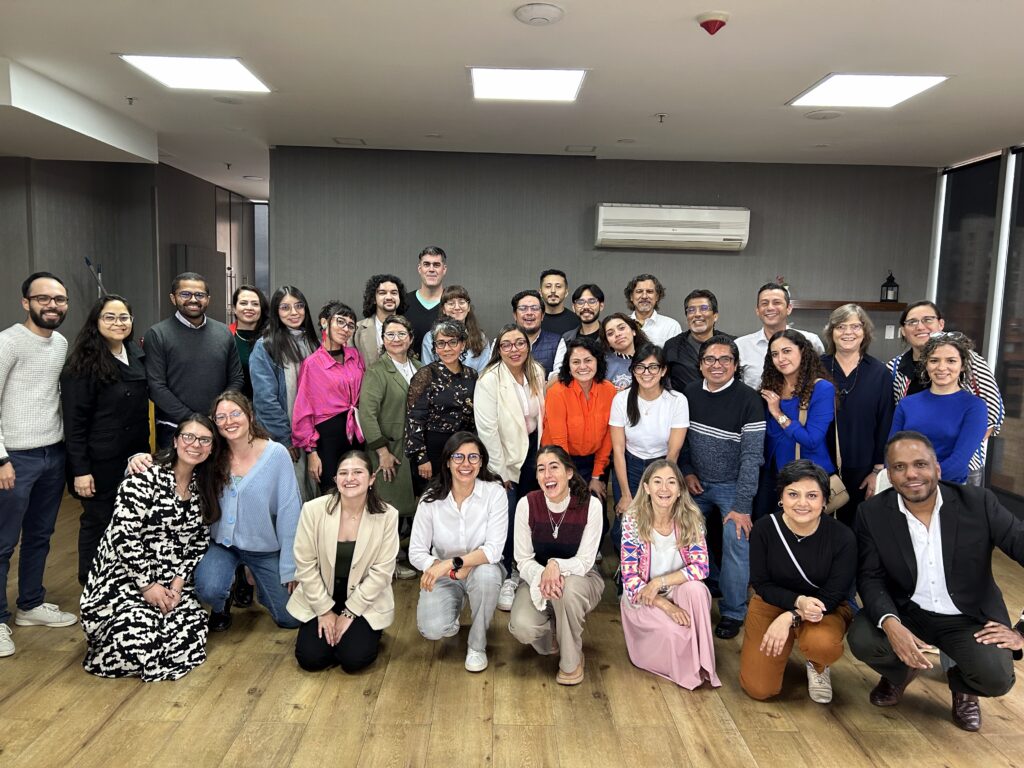
AI’s innovative capabilities can help media to reach and engage audiences
For exiled media, AI can be a survival tool. Setting up from scratch and running operations from a new country puts significant strain on resources. Many exiled outlets also face complex censorship tactics from authoritarian regimes, and are branded as ‘foreign agents’, leading to immense challenges around reaching, and maintaining the trust of, their audiences.
El Surtidor, a Paraguayan media outlet, is using AI for both community engagement and business purposes. Jazmín Acuña, co-founder and editorial director for the newspaper, spoke at the Reuters Institute for the Study of Journalism’s (RISJ) AI and the Future of News event about how many of their readers prefer to communicate in Paraguayan Guaraní, a language spoken by more than seven million people across South America. Driven by the news outlets’ mantra of fostering belonging, her team is training large language models (LLMs), which are predominantly English-centric, to understand the language. This involves bringing the community together to record Guaraní, so they can build up data sets that are then used for LLM training.
The first outcome of this work will be a chatbot, which will recognise audio messages in Guaraní and help the community to activate subscriptions to El Surtidor. Reflecting on the wider potential of the project, Jazmín – who is taking part in the RISJ’s Journalist Fellowship Programme, supported by the Foundation – hopes that it will further allow the outlet to better listen and connect with their audiences, and that others can utilise the open-source data sets to shape further community building work.
Journalists play a vital role in informing the public about AI
As AI continues to change every corner of society, accurate, balanced and impartial reporting will play an important role in informing the public about the implications of this technology and interrogating regulatory decisions.
The Foundation’s news platform, Context, shines a light on the growing impact that AI has on the lives and livelihoods of people around the world. Shaped by the Thomson Reuters Trust Principles of integrity, independence and freedom from bias – which guide all our media development programmes – our global reporting has examined issues such as AI-driven job insecurity for Filipino call centre workers and spotlighted examples of innovation, such as African technologists pioneering AI tools in local languages to bridge the digital divide.
AI will be a critical component of the future of journalism. But its ethical and equitable adoption is key to advancing the resilience of independent media.
Related resources
More News
View All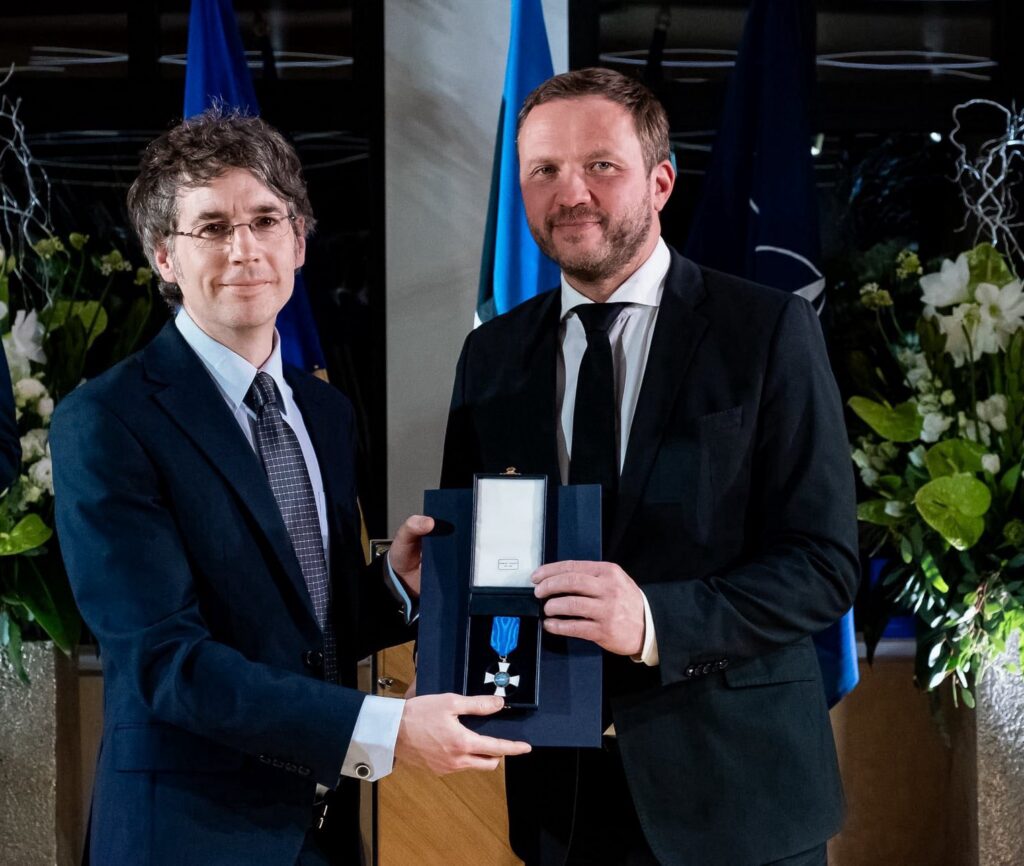
How the MFC Secretariat supports the Media Freedom Coalition to protect independent media at home and abroad
The MFC Secretariat, hosted by the Foundation, was awarded the Cross of Merit from the…
Read More
Statement on the Closure of the Context News Brand
A statement on the Closure of the Context News Brand from…
Read MoreSupporting media and CSOs to curb illicit financial flows across sub-Saharan Africa
We…
Read More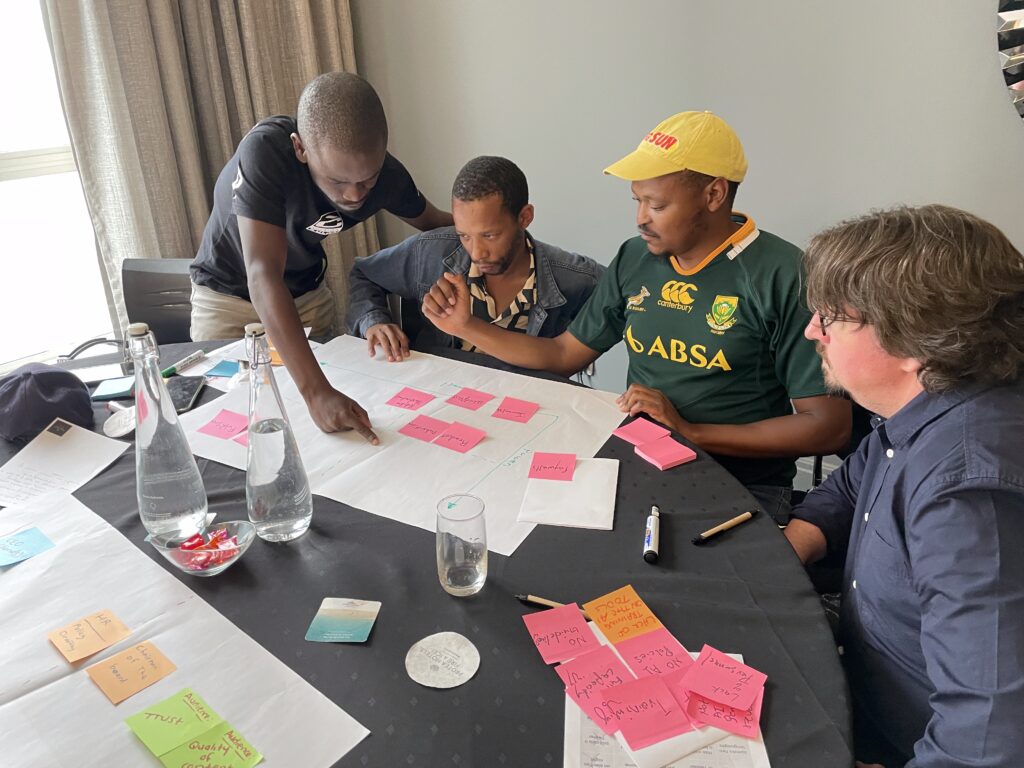
Our impact in 2025: Building resilience in a turbulent year
Our CEO Antonio Zappulla reflects on 2025:…
Read More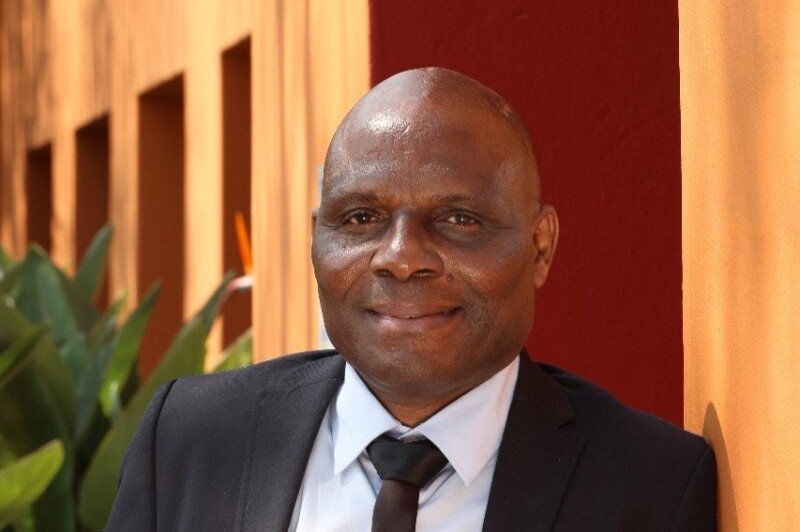
Uncovering illicit financial flows: Training that transformed one journalist’s approach to reporting
Find out how training from the Thomson Reuters Foundation transformed Fidelis…
Read More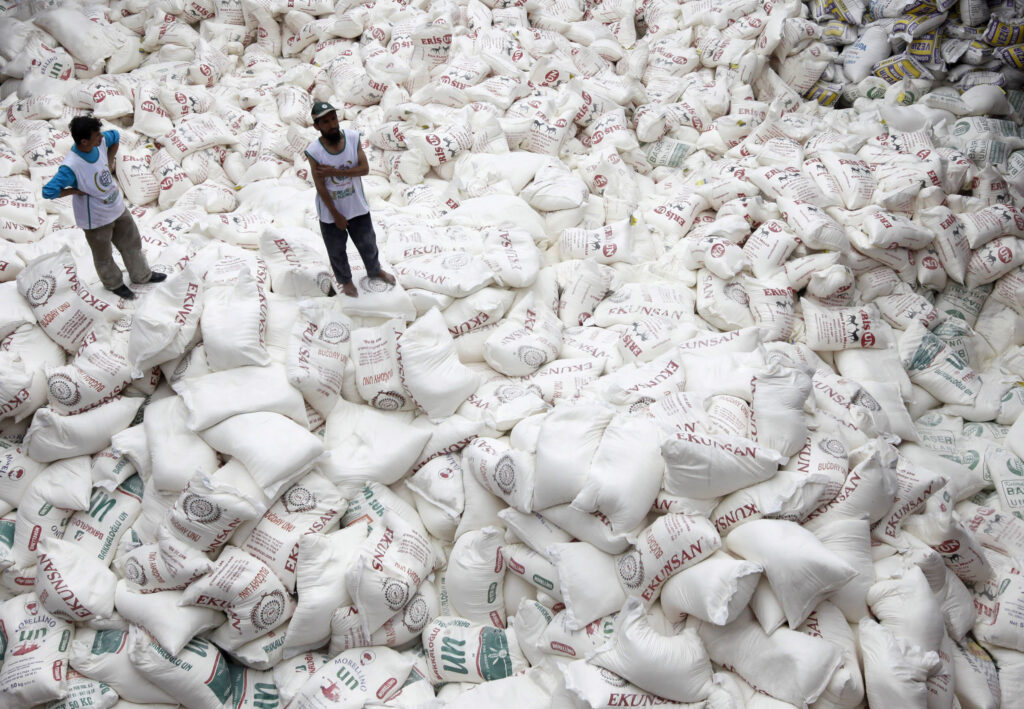
Legal needs are rising for NGOs amid attacks on civil society and funding cuts, our latest report finds
Our new report finds that legal needs amongst NGOs have risen significantly over the last…
Read More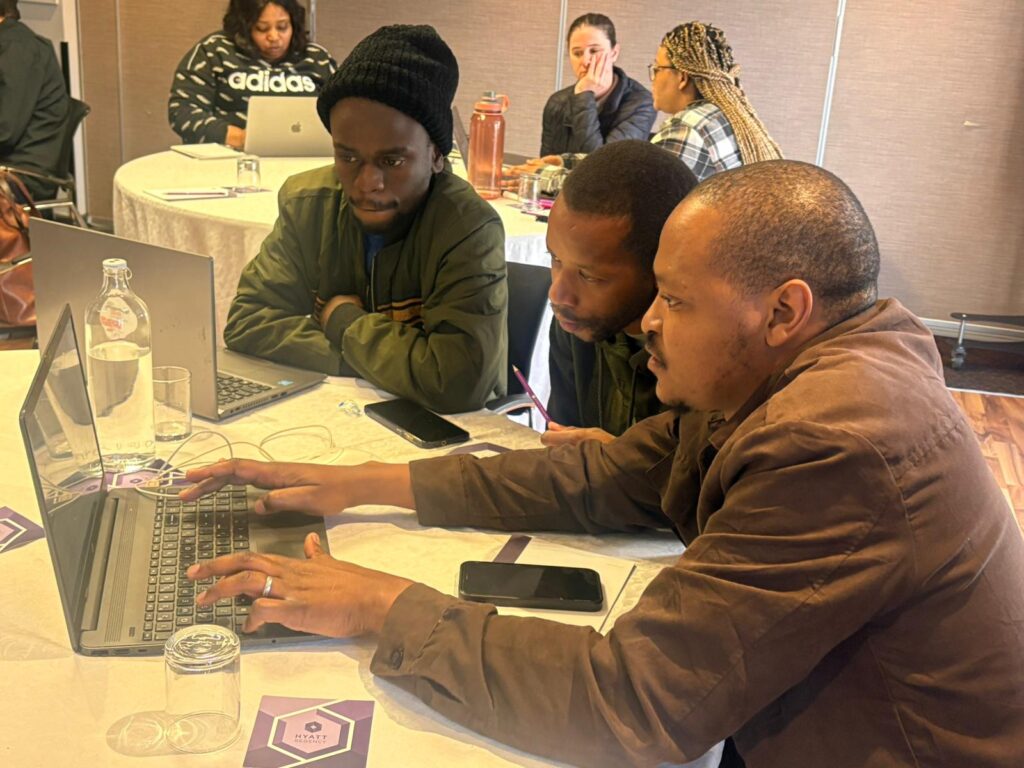
How South African newsrooms are benefiting from strategic and ethical AI adoption
We have…
Read More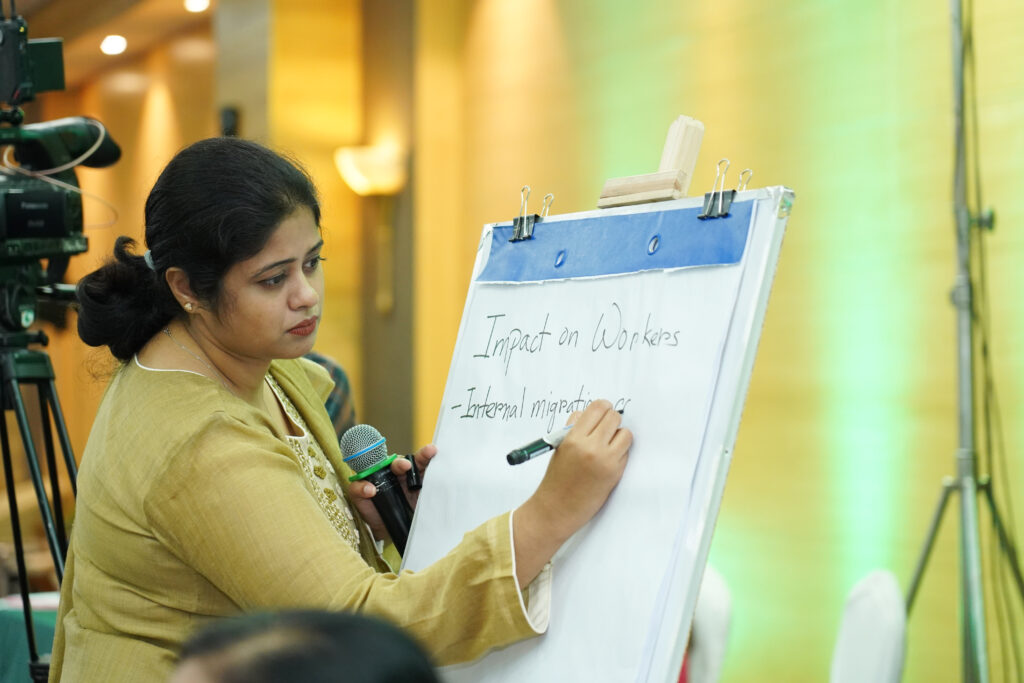
World’s largest dataset shows transparency gaps in AI adoption
The Thomson Reuters Foundation…
Read More
The authoritarian playbook in action: Insights from Trust Conference 2025
Learn our Acting…
Read More
Antonio Zappulla: Technology is redefining power, information and influence. What is at stake?
View our CEO Antonio Zappulla’s opening remarks for Day Two of Trust Conference…
Read More

